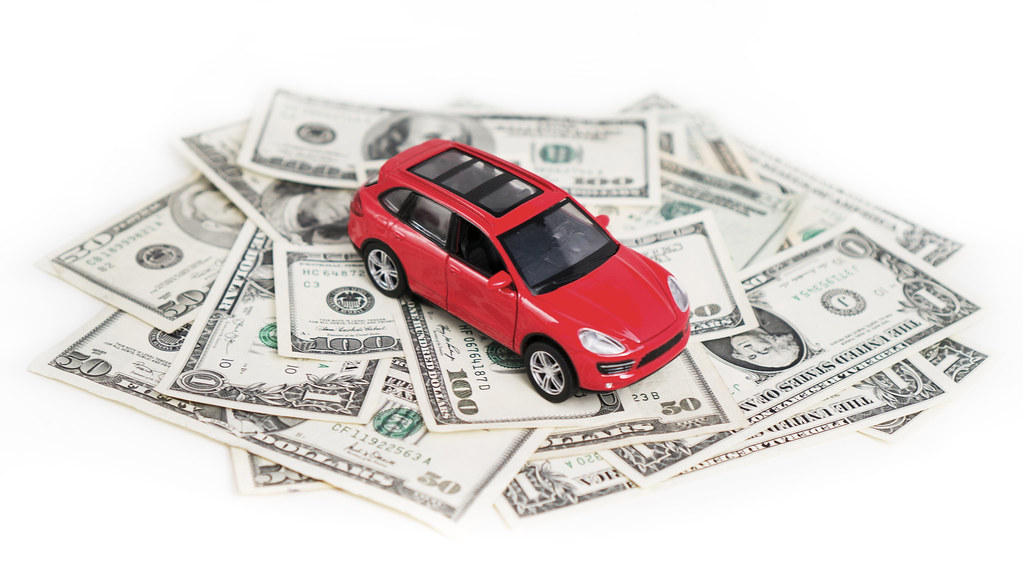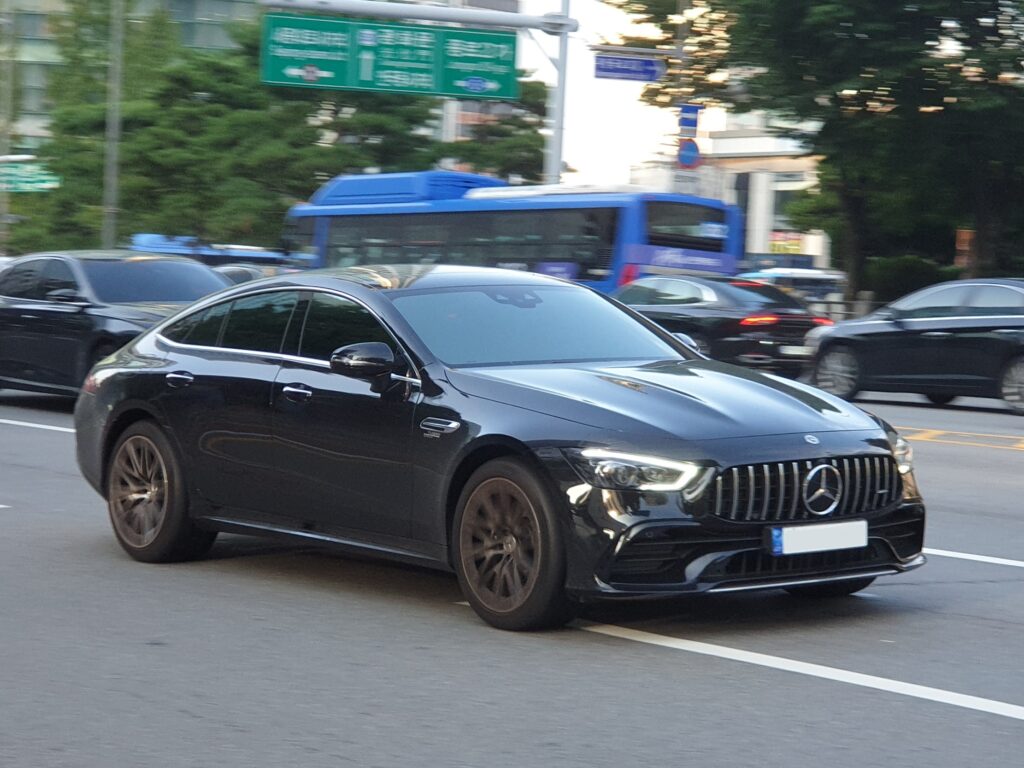
Luxury often conjures images of wealth and unparalleled craftsmanship, but the truth is that many luxury car brands fall short of these lofty expectations, leading consumers to question the validity of their hefty price tags. This article seeks to delve into the luxury automotive sector, highlighting brands that fail to meet their claims of excellence and unraveling the myths that elevate them in the eyes of consumers.

1. **Veuve Clicquot**: Though champagne is often a toast to celebrations, its luxury status can sometimes be unwarranted. Many enthusiasts argue that the difference between a premium bottle of Veuve Clicquot and a $12 sparkling wine is nearly indistinguishable to the palate. In today’s cocktail culture, where mixers reign supreme, splurging on such a brand seems more about status than taste.

2. **Tiffany & Co.**: Regarded as the gold standard in luxury jewelry, Tiffany & Co. can leave many customers puzzled about its true value. While its engagement rings represent love and commitment, the steep prices can trigger buyer’s remorse, prompting shoppers to consider whether local jewelers might offer more personalized, unique options without the extravagant markup, ultimately asking if the iconic blue box is truly worth the investment.

3. **Apple**: The allure of Apple is undeniable, with its stylish devices and user-friendly designs captivating millions. However, the excitement surrounding the latest iPhone models often leads to skepticism, as many users find themselves upgrading for minor aesthetic tweaks, questioning if the changes justify the expense. For those who prioritize functionality, exploring Android alternatives can provide significant savings while still meeting tech needs.

4. **Rolex**: The Rolex watch serves as a status symbol, but at what cost? With prices soaring into the tens of thousands, one must ask if wearing a Rolex truly elevates the experience of telling time. For the price of a single luxury watch, you could invest in a practical vehicle or other meaningful experiences that offer longer-lasting satisfaction.
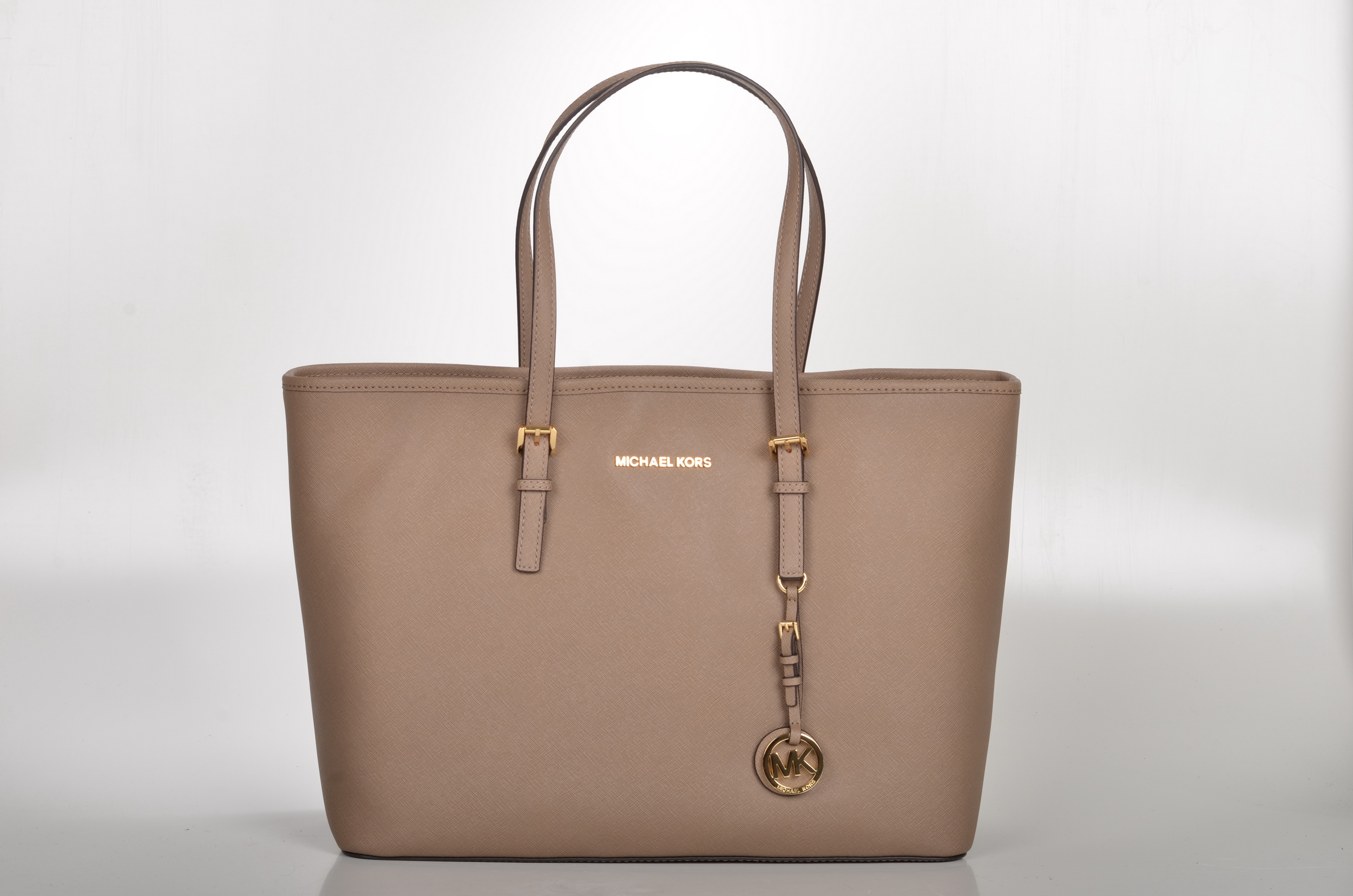
4. **Michael Kors**: Recognized for its accessible take on luxury, Michael Kors has built a dedicated fanbase. Yet, the prevalence of its products can undermine their luxury appeal, making shoppers wonder if these items genuinely represent their personal style or if they simply conform to a mass-market definition of luxury. As the brand becomes more ubiquitous, its exclusivity and allure may diminish.

5. **Porsche**: Celebrated as a benchmark for performance, Porsche vehicles also come with significant drawbacks. The issues of rapid depreciation and steep maintenance costs often overshadow the brand’s reputation, leading enthusiasts to explore alternatives that deliver comparable performance without the financial strain. This reality prompts a reevaluation of what true value means in the luxury automotive space.

6. **Burberry**: Known for its distinctive plaid patterns, Burberry captures a unique market segment, yet its high-end image can sometimes alienate potential customers. Many perceive the brand as elitist, pushing them to seek out options that provide similar quality without the associated pretentiousness of luxury pricing. This raises questions about what it means to embrace luxury without the stigma of exclusivity.

8. **Versace**: With its vibrant colors and bold prints, Versace appeals to a distinct fashion niche. However, the brand is often critiqued for being garish and overpriced. Many find that the price point does not correlate with quality, leading to questions about who can truly pull off such extravagant designs.
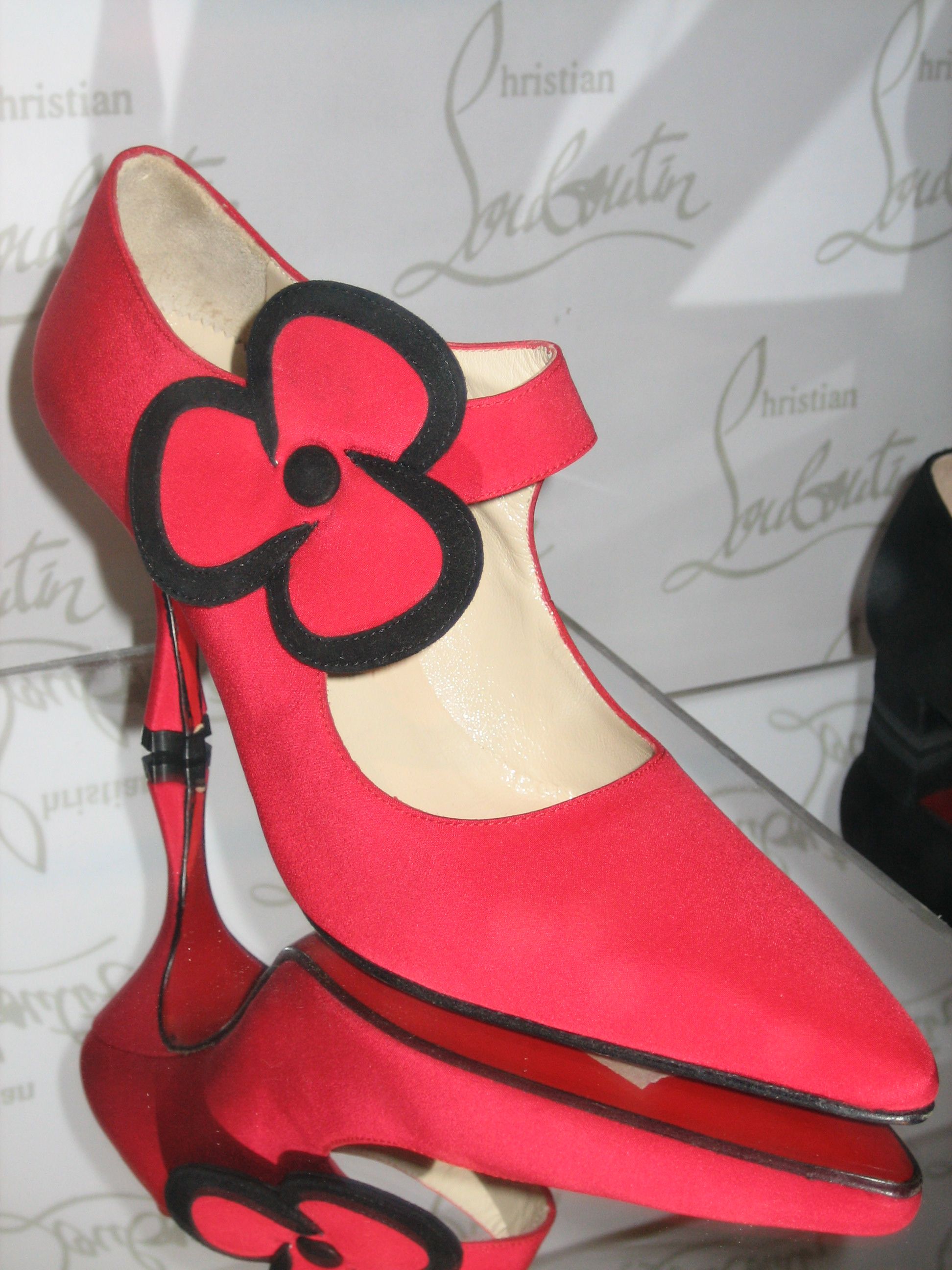
7. **Christian Louboutin**: The iconic red-soled shoes of Christian Louboutin undoubtedly signify status, but the steep prices can create a rift between luxury and everyday practicality. For many, the appeal of red bottoms can seem superficial, especially when considering the potential for crafting similar styles at a fraction of the cost, leading to contemplation of what true luxury should entail.
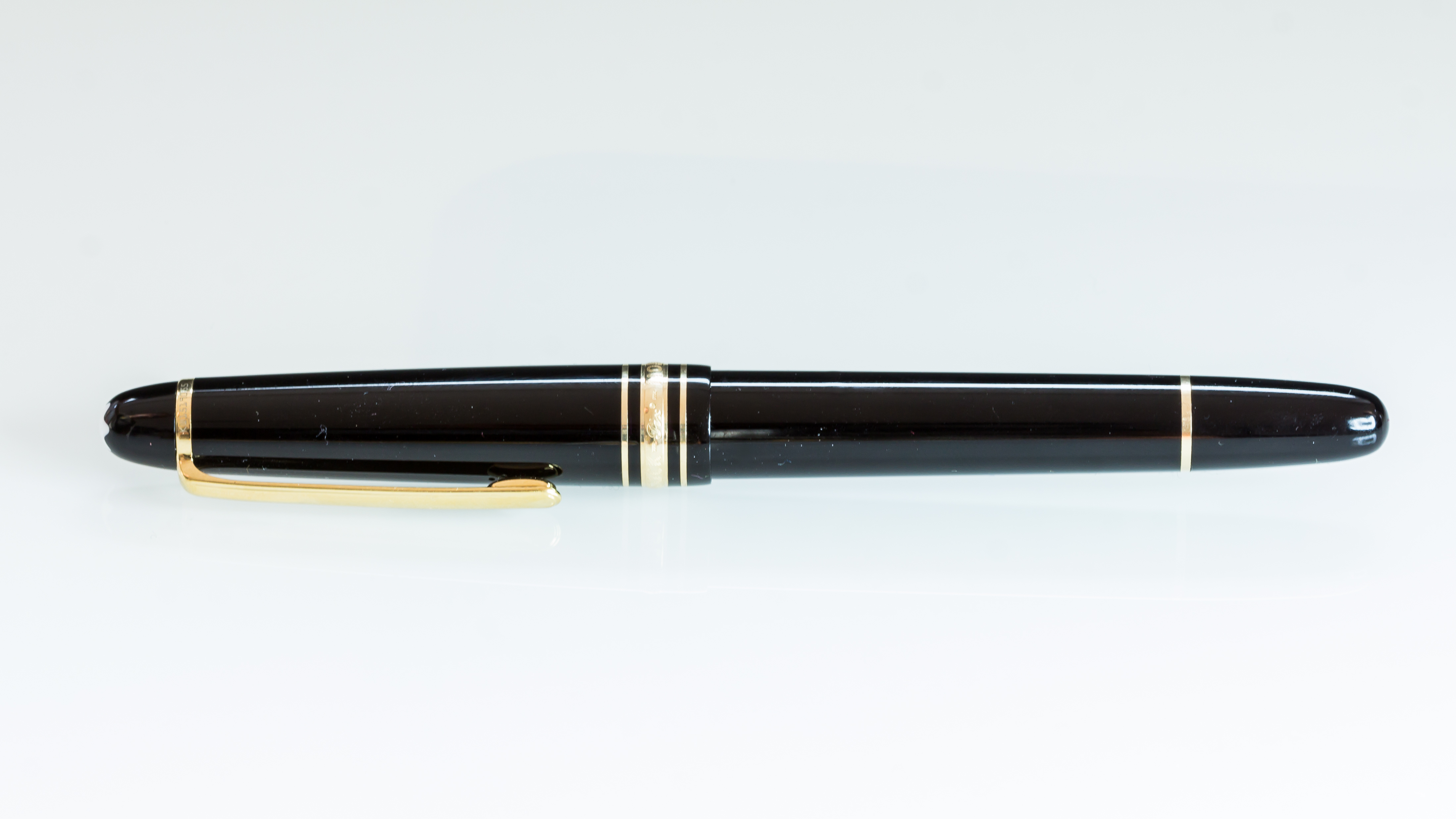
8. **Montblanc**: When luxury writing instruments come to mind, Montblanc is typically at the forefront. Yet, the reality remains that a pen is merely a pen, and the extravagant price tags leave many questioning the actual worth of such items. With starting prices over $400, their appeal often caters to a niche group of affluent writers, while the average person may find just as much satisfaction with a humble ballpoint pen, casting doubt on Montblanc’s luxury status.

11. **Ray-Ban**: Renowned for their stylish sunglasses, Ray-Ban has established itself as a leader in the luxury eyewear market. Despite this, many consumers find that their iconic designs come with a heavy price tag that doesn’t necessarily correlate with quality. Given that sunglasses can easily be lost or damaged, investing in luxury frames can feel like throwing money away. Cheaper options can provide the same level of sun protection without the financial regret.

9. **Coach**: Coach handbags have long been synonymous with luxury and refinement. While the craftsmanship is often appreciated, soaring prices have led many to conclude that Coach may be overrated in today’s market. Increasingly, consumers perceive spending hundreds on a handbag as excessive, especially with budget-friendly alternatives readily available, resulting in a fading allure for owning a Coach bag as savvy shoppers navigate towards better bargains.
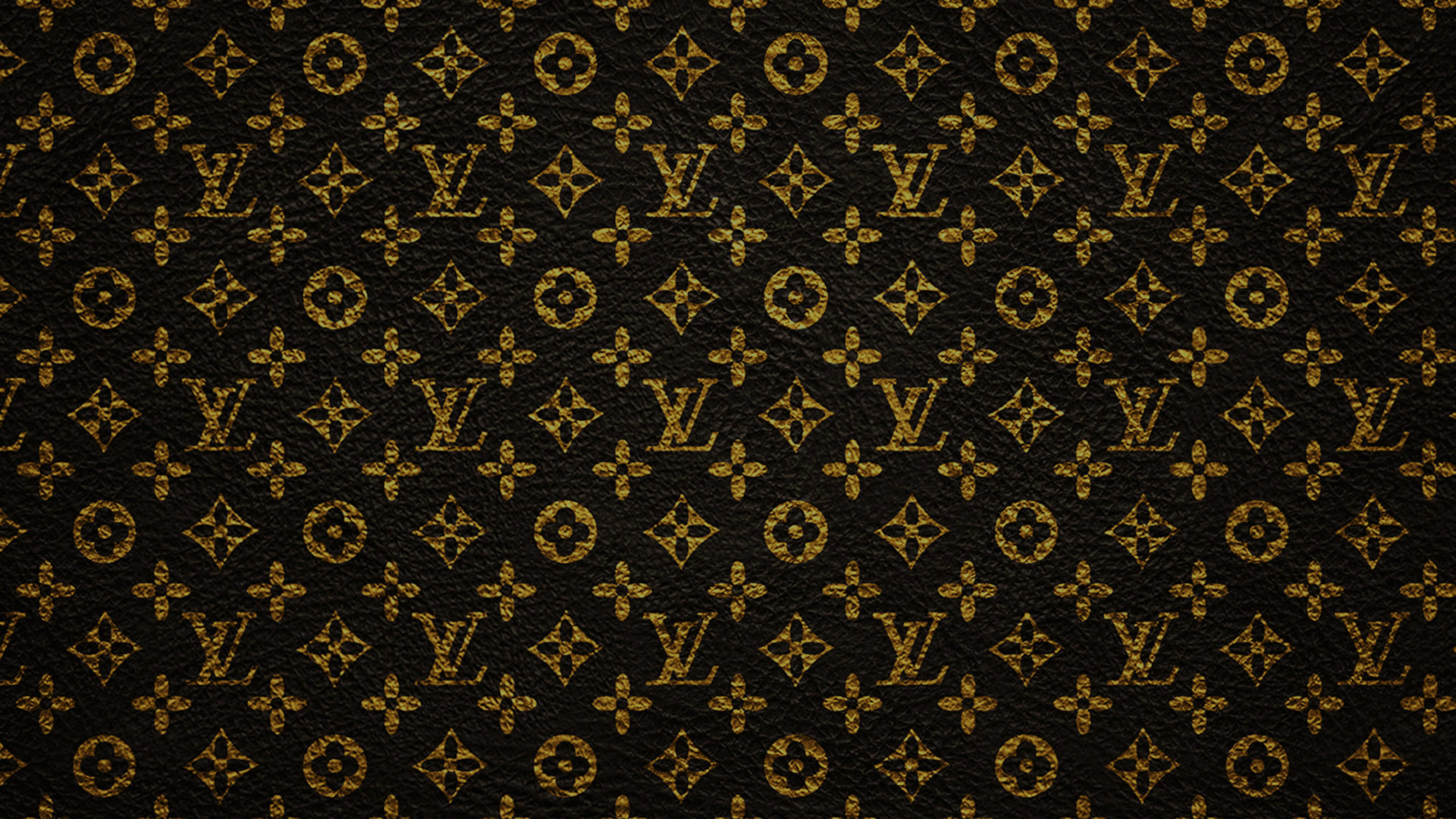
13. **Louis Vuitton**: Once considered the zenith of luxury fashion, Louis Vuitton has faced scrutiny in recent years. The brand’s products, while still widely recognized, are often criticized for being mass-produced and lacking the unique qualities that true luxury should embody. Moreover, with Louis Vuitton items being among the most counterfeited in the world, many question whether their investment truly reflects authenticity or just a desire to fit in.

14. **Tesla**: Tesla has redefined the automotive landscape with its electric vehicles, but recent critiques have surfaced regarding its quality and reliability. Owners have reported issues with fit and finish, as well as performance that doesn’t always meet the hype. The high price tags associated with Teslas, paired with their questionable quality control, leave potential buyers wondering if they’re paying for innovation or just a trendy label. Traditional luxury brands may still provide a more reliable ownership experience.

10. Analyzing these brands reveals a noticeable gap between perceived prestige and actual value in luxury goods. The belief that luxury guarantees superior quality or satisfaction often proves misleading, urging consumers to adopt a discerning approach when evaluating whether a brand justifies its luxury pricing. Ultimately, purchasing decisions should resonate with personal values and true satisfaction, moving beyond mere symbols of status to cultivate authentic happiness.
Related posts:
15 Luxury Brands That Don’t Live up to the Hype
‘Not living their life to impress others’: These are the top car brands that rich Americans earning more than $200K drive most — here’s why you should steer toward them too



